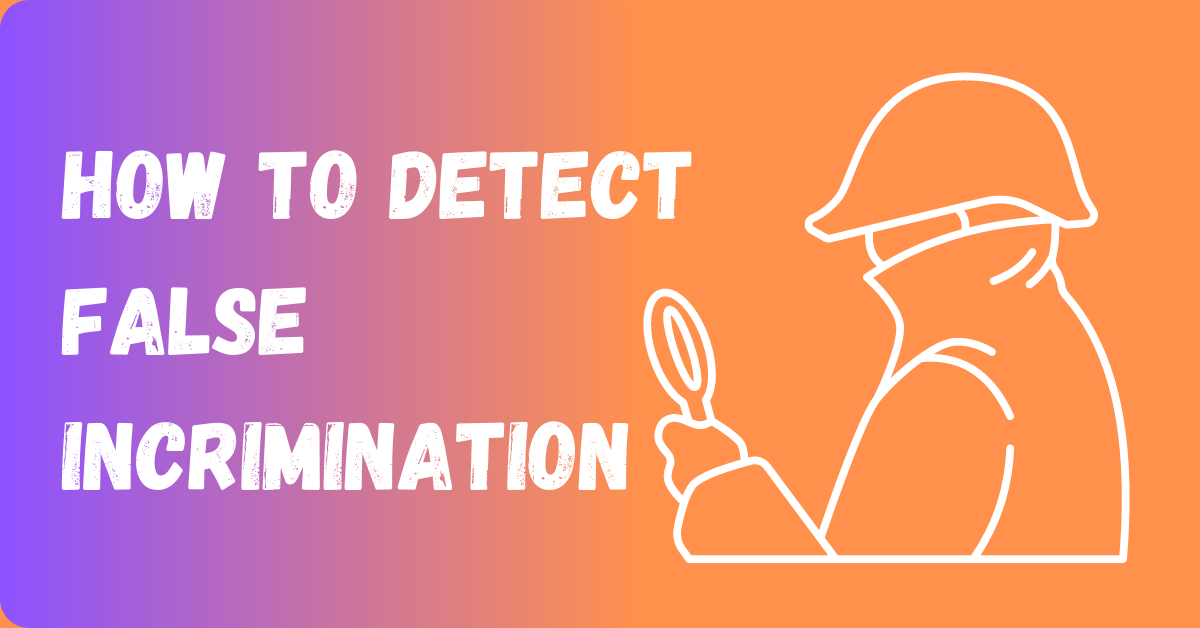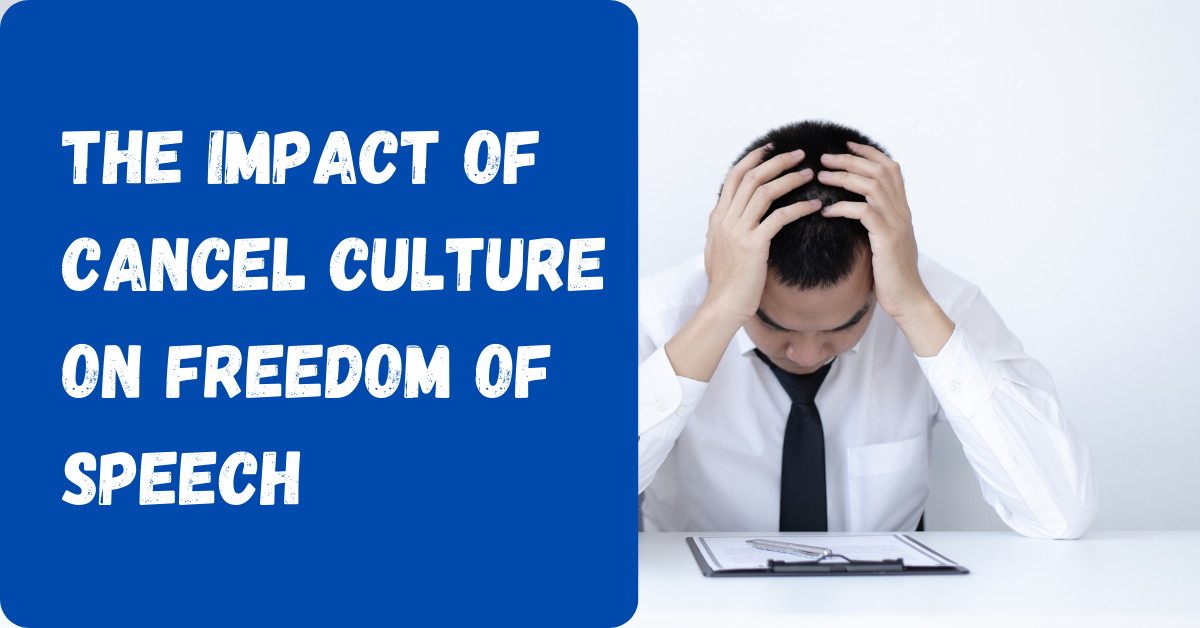
It is no secret that misinformation is a major problem today. To combat this issue, Dr. John den Boer is a leader in debunking false incrimination. However, this blog post explores how to spot false incrimination, according to den Boer and get the facts straight.
What is False Incrimination and Why is it a Problem?
False incrimination is a significant problem because it can result in innocent people being convicted of crimes they did not commit, while the true perpetrators may remain free to commit additional offenses. The truth project by Dr. John den Boer aims to identify and correct false incriminations and prevent future occurrences of this issue.
Common Examples of False Incrimination
False incrimination can take many forms, and unfortunately, innocent people can fall victim to it. Some of the most common examples of false incrimination include:
Wrongful Accusations
Sometimes, individuals may be falsely accused of a crime due to mistaken identity, poor police work, or biased witnesses.
Coerced Confessions
In some cases, law enforcement officials may use coercive tactics to elicit a confession from a suspect, even if they are innocent.
Misinformation
Misinformation can spread quickly and easily, particularly on social media. Rumors, false news stories, and incorrect information can all lead to fale accusations and incrimination.
Bias and Prejudice
Unfortunately, bias and prejudice can play a significant role in false incrimination. Further, in the criminal justice system, racial, ethnic, and gender bias can all impact how people are perceived and treated.
Moreover, promoting honesty, integrity, and transparency is vital to deterring false incrimination. Initiatives like “The Truth Project” seek to educate individuals about the importance of truth and integrity in all aspects of life, including the criminal justice system. Promoting these values will help us build a more just and equitable society.
The Importance of Evidence
When detecting false incrimination, one of the most important things to remember is the value of evidence and reliable witnesses. Without concrete proof and trustworthy witnesses, it cannot be easy to differentiate between what is true and what is false.
Is only evidence enough?
Evidence alone isn’t always enough. It is also essential to have witnesses who can verify the accuracy of the evidence and corroborate your side of the story. This is particularly important in cases with no clear physical signs of wrongdoing, such as in cases of verbal abuse or sexual harassment.
Importance of reliable witness
Reliable witnesses can testify to what they saw or heard without bias or personal agenda. They are credible sources of information and critical to the success of any investigation or court case.
Experts like Dr. John den Boer, founder of The Truth Project, emphasize the importance of thorough investigation and gathering as much evidence as possible.it is because every piece of evidence can be crucial in identifying the truth and exposing false accusations.
Signs of False Incrimination to Look For
False incrimination is a serious issue that can have detrimental effects on the lives of individuals who are falsely accused. Unfortunately, false accusations are not always easy to identify. It can be difficult to determine whether someone is lying or telling the truth, especially if the accusations are detailed and convincing.
Inconsistencies in the Accuser’s Story
When someone is telling the truth, their story should be consistent throughout their retelling. It might indicate that the accuser is lying if their story is inconsistent. This could manifest as differences in the order of events or variations in specific details. Watch out for contradictions that could reveal false accusations.
How to Protect Yourself from False Incrimination
The thought of being falsely accused of a crime is a scary one. However, you can take steps to protect yourself from false incrimination.
Remain silent when you are right
Always exercise your right to remain silent. You do not have to incriminate yourself; anything you say can be used against you in court. Instead, ask for legal representation and wait until your lawyer is present before speaking to law enforcement.
Gather evidence as much as you can
Another way to protect yourself is to be proactive about gathering evidence. Document everything you can if you are involved in an incident where false incrimination is possible. Take pictures, collect witness statements, and keep any physical evidence that may be relevant. The more evidence you have, the better your chance of proving your innocence.
Surround yourself with good people
It is also important to surround yourself with trustworthy and reliable people. Make sure you know the people you are associating with, and only put yourself in legal and ethical situations.
Educate yourself on the law
Educate yourself on the law and your rights. The more you know about the legal system, the better equipped you will be to defend yourself if needed.
False incrimination can happen to anyone, but by following these steps, you can protect yourself and minimize the risk of being falsely accused. Further, remember, being aware and proactive is the best defense against false incrimination.





Leave a Reply